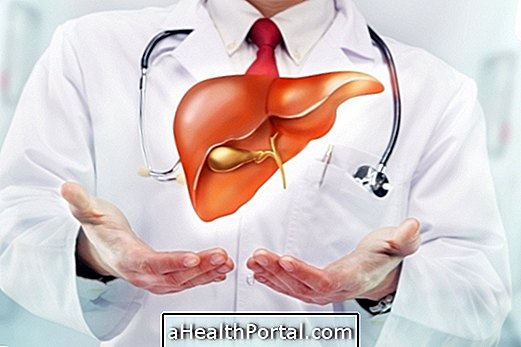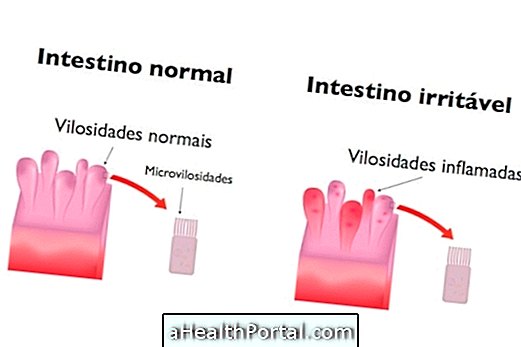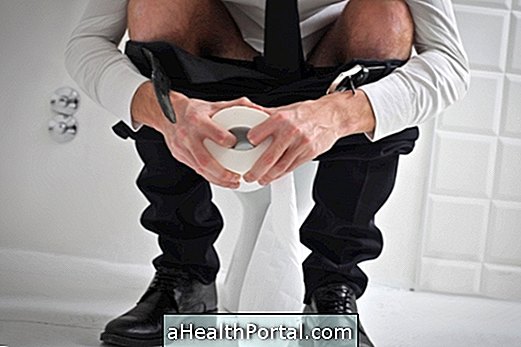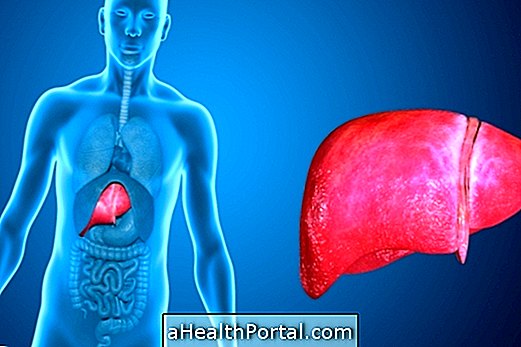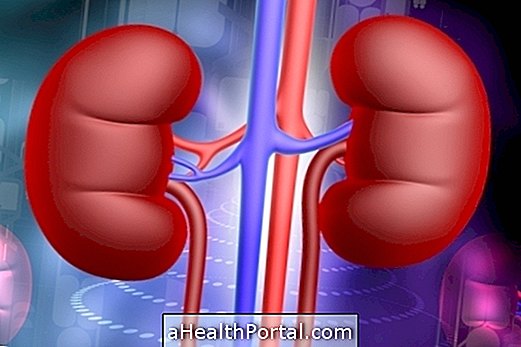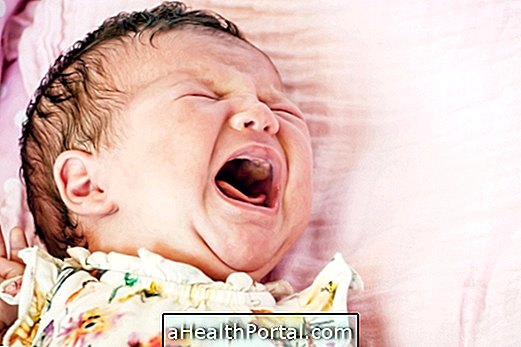Intestinal polyps can be caused by factors such as a high-fat diet over several years, obesity, excessive consumption of tobacco or alcohol, or it may be a hereditary problem that arises in Lynch or Gardner syndromes, for example, is more frequent to appear from the 50 years.
To treat bowel polyps it is necessary to go to the proctologist and have a colonoscopy, which is a test that allows you to see the intestine and remove the polyps immediately. See how the removal of intestinal polyps is done.
Usually, polyps are benign, but in some cases they can progress to colon cancer, which can be fatal when diagnosed in advanced stages as they do not cause symptoms.
Causes of intestinal polyps
Anyone can develop polyps in the gut, however, some of the causes include:
- Excess weight or obesity;
- Smokers or alcoholics;
- Type 2 uncontrolled diabetes ;
- High fat and canned food;
- Food poor in calcium, vegetables and fruits;
- Diseases such as Colitis, Lynch Syndrome, Familial Adenomatous Polyposis, Gardner's Syndrome or Peutz-Jeghers Syndrome;
- Personal or family history of colon polyps or bowel cancer.
In addition to these causes, the appearance of polyps is common from the age of 50, even if there is no other risk factor. Look at the symptoms of diverticulitis and know how to differentiate it from intestinal polyps.
Treatment for intestinal polyps
Most colon polyps can be identified and removed during a colonoscopy, which is an examination that helps you see the inside of the colon, as a flexible tube with a camera is inserted into the tip, into the intestine through the anus.
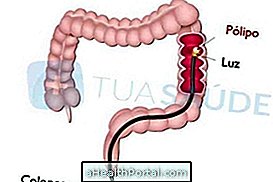

Generally, removal of polyps, known as polypectomy, does not cause pain or bleeding and treatment should be done as soon as possible to prevent the development of cancer, however, when polyps are large, presenting more than 1 cm may be necessary do surgery for your withdrawal.
After removal of the polyps these should be analyzed in the laboratory to see if they are malignant and for that, a biopsy should be done. In the case of polyps being malignant the patient needs to make other treatments for bowel cancer, such as surgery, radiation therapy and chemotherapy.
However, not all polyps need to be removed. In this case, see what should or should not eat to avoid bleeding caused by the passage of feces in case of intestinal polyps: Food to avoid bleeding intestinal polyps.
When to go to the doctor
Generally, the presence of polyps does not cause symptoms, however, to rule out the hypothesis of having intestinal polyps, it is necessary to go to the doctor if:
- You have frequent abdominal pain;
- You have feces with blood;
- You have a change in your bowel habits and it takes more than a week.
To diagnose the presence of polyps in the intestine, the doctor indicates that a colonoscopy is performed. Those who have already removed polyposis should perform the same at least once a year to see if they have not developed again. See What to talk to your doctor at the appointment for an accurate diagnosis and appropriate treatment.
The risk of developing cancer after having polyps depends on their size, because the larger the polyp the greater the chance of developing cancer, the number of polyps and characteristics of the polyps that have already been removed, the most dangerous being adenomas and the more, the more dangerous it becomes.
